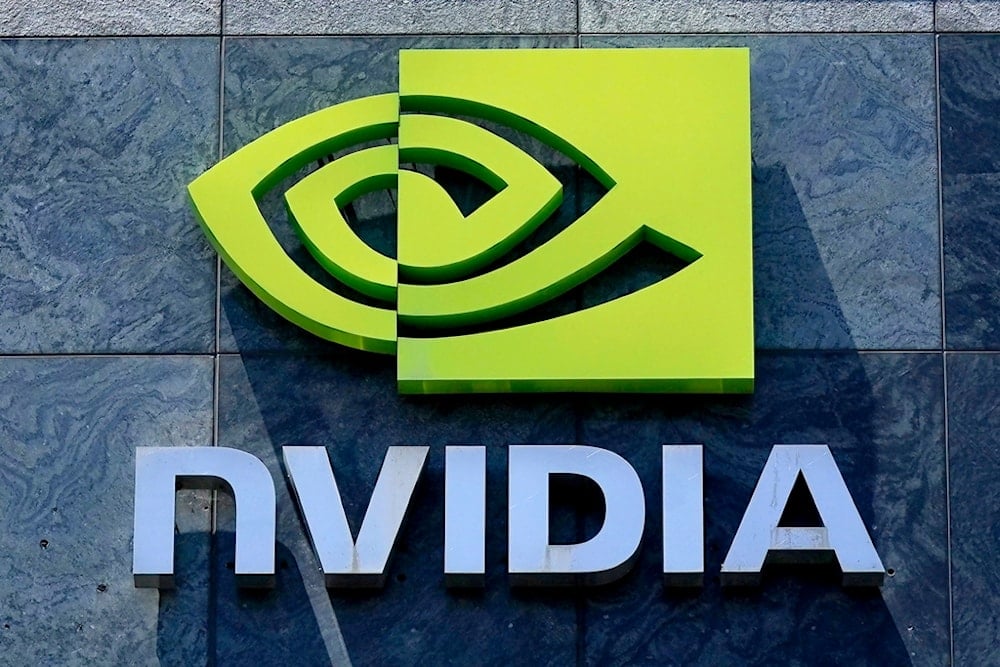NVIDIA cleared to resume AI chip sales to China following US approval
NVIDIA has secured US approval to resume AI chip sales to China through its modified H20 GPU, marking a major shift in export policy amid ongoing negotiations and rising scrutiny over tech transfers in the US-China rivalry.
-

A sign for a Nvidia building is shown in Santa Clara, Calif., on May 31, 2023. (AP Photo/Jeff Chiu, File)
NVIDIA announced Monday that it has been granted permission to resume sales of its advanced artificial intelligence chips to China, a significant policy shift that eases previous export restrictions and restores access to a vital market.
The green light applies specifically to the company's H20 graphics processing units (GPUs), a modified product designed to comply with US export controls targeting high-performance AI chips. "The US government has assured NVIDIA that licenses will be granted, and NVIDIA hopes to start deliveries soon," the company said in a blog post.
The decision follows a series of high-level engagements between NVIDIA's CEO, Jensen Huang, and senior US officials, including President Donald Trump. Huang visited Washington earlier this month to press the case for American AI leadership, highlighting the critical role NVIDIA plays in the global AI supply chain. He warned that US companies risk falling behind if they're cut off from key markets like China, where many AI developers rely on NVIDIA's platforms and tools.
In parallel, Huang made diplomatic overtures in Beijing, meeting with Chinese officials and reiterating the company's intent to operate within the boundaries of US law while maintaining commercial ties with Chinese partners.
Chip reprieve
US export restrictions imposed in late 2023 had barred the sale of several high-end chips to China on "national security" grounds. In response, NVIDIA developed the H20 and RTX Pro GPUs, tailored to meet revised export criteria.
With the H20 now cleared for sale, industry insiders suggest that the approval could generate billions in revenue for the company while preventing further erosion of its Chinese market share.
Despite the breakthrough, talks between NVIDIA and US regulators are ongoing. Licensing terms, delivery timelines, and compliance reviews remain in play, while lawmakers on both sides of the aisle continue to scrutinize the risks of advanced technology transfers to China. Senators have recently called on NVIDIA to avoid partnerships with entities tied to China's military or intelligence networks.
For now, however, the move marks a major step toward stabilizing US-China tech trade amid growing tensions and provides a much-needed reprieve for a company at the forefront of the global AI race.

 3 Min Read
3 Min Read








